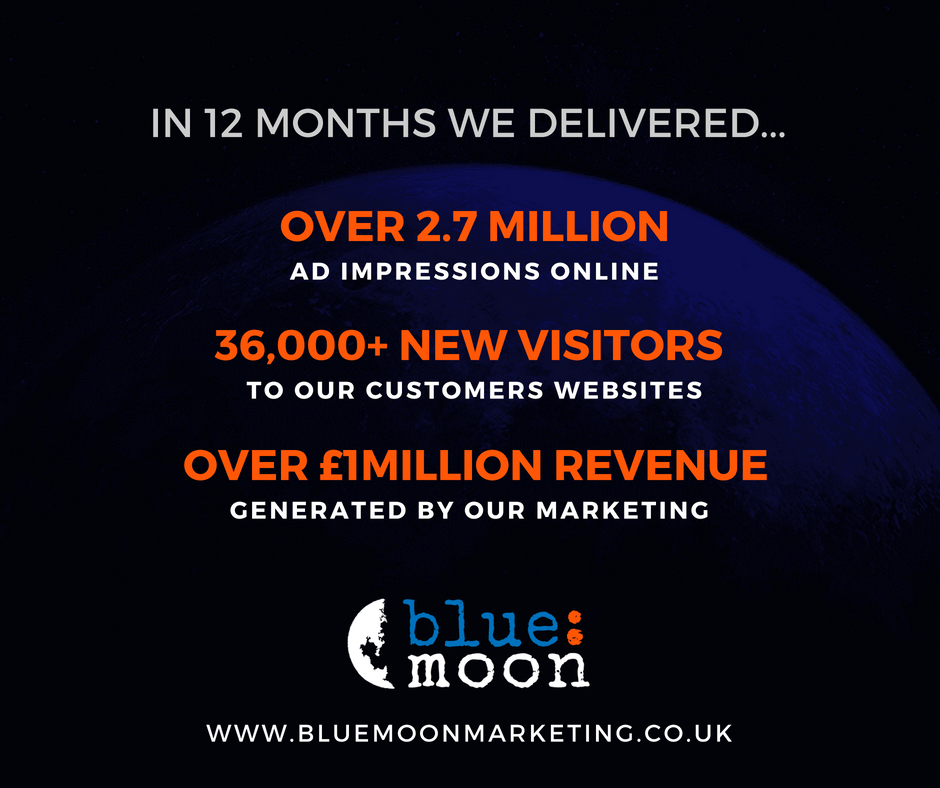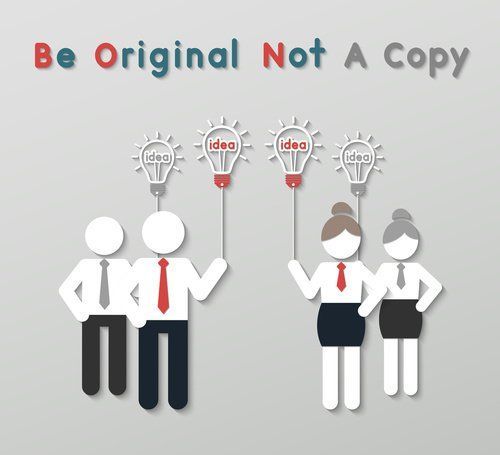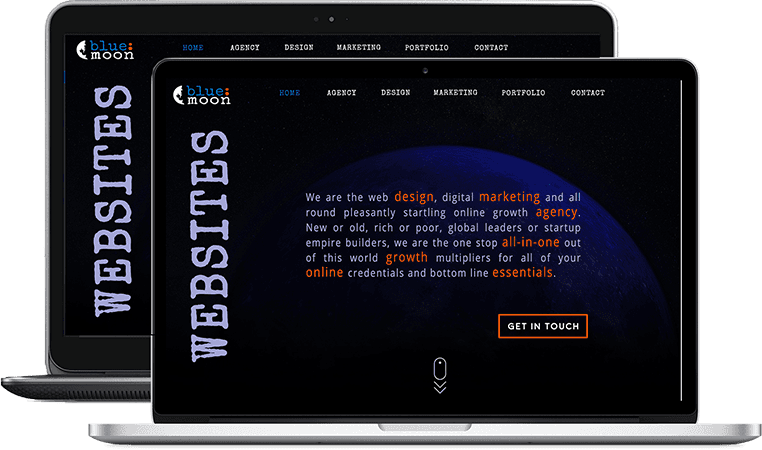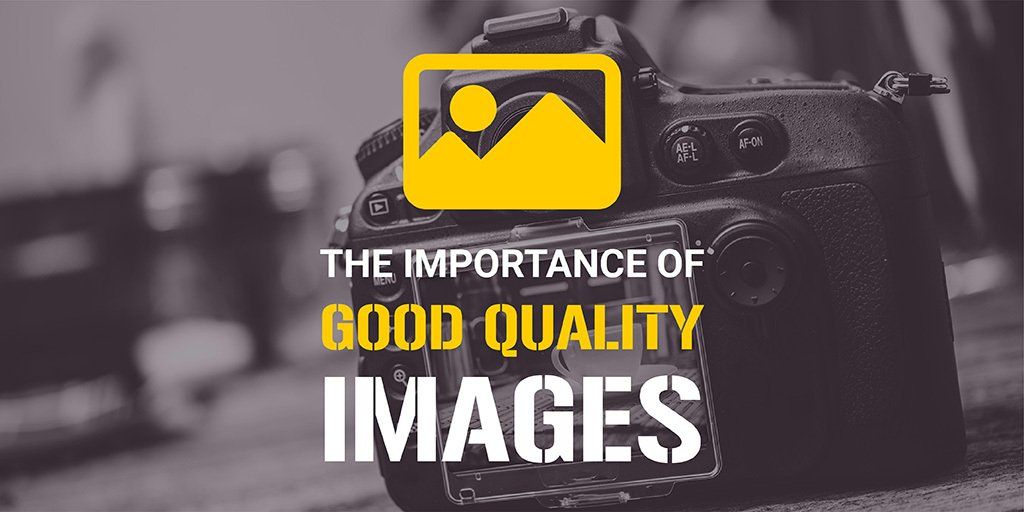Need a New Website? (Do it Yourself or Hire a Professional?
Here’s what you need to know…
With so many options available these days to create your own website, it never been easier to do it yourself.
Some of the more popular platforms you may have seen advertised are Wix, Weebly, Go Daddy or SiteBuilder, but is designing a website really as easy as they advertise? And is this an option that business owners should really consider?
Well if you have some technical knowledge and plenty of time to spare, then building your own website could be an option worth considering, especially if you’re particularly tight on budget. For a small monthly fee, these online services offer you a way to create and manage your new website, all that you require is a computer and a fairly decent internet connection.
So why would anyone bother using professional website developers if it’s so easy?
Well DIY website platforms don’t come without their draw backs and limitations. Here are some important points you may want to consider:
1) Customers will judge you, by the experience they have on your website.
The image you portray about your business online, says a lot about you. If you’ve simply used a free logo from Microsoft Word Art, to represent what your about and thrown it on a cheap looking web page – it just screams “cowboy” or even worse “can’t be arsed”,
I mean seriously, if you’re going to put minimal effort in, then don’t expect the rewards to be anything else and yet it amazes me how many examples of these I come across on an all too regular basis.
Needless to say, this isn’t going to convince prospective customers to contact you!
In this day and age, your website needs to hold its own against an armada of competitors looking to steal your traffic away from you, and don’t be under any illusion, your website visitors WILL go and visit your competition, and providing their site is up to par – they will probably even get the order.
So why would you leave this to chance and not hire a professional?
There’s a reason why the website design industry is growing by the day and a good professionally designed website will do wonders for your business… but a bad one, will probably do the exact opposite!
2) Good Website Design isn’t about creating good looking websites
I’ve heard many small business owners claim their website ‘looks’ great, and while some may be visually appealing – there is much more to good website design than just ‘looking’ nice.
Good web design is about being attractive in a way that also speaks to your target audience and it should get your message across quickly, i.e.) it needs to sell your business’ identity within the first few seconds of landing on the site. Unfortunately, most examples of DIY websites simply don’t take this into consideration, after all, you simply insert some professional looking images into your chosen template design and hey presto… a website!
The result however, more often than not, is a poorly designed website that actually ends up looking very disjointed.
3) You’ve got the same website design as Joey next door
The main benefit of using DIY website builder is that it’s supposed to make the process of building your new website quick and easy… and that’s because much of the hard work has already been done for you, all you have to do is choose a pre-designed template, drag and drop in some images relevant to you and then add or alter the text to say something about your business.
Sounds great, but guess what?
You’re not the only person with access to this platform, so chances are that there are lots of other “variations” of your website online already, and templated websites just don’t cut through the ‘noise’ like a properly designed bespoke site will…
…with millions of websites online in the UK alone, you’re really not giving your business the best chance to stand out from the crowd if you choose to go down the ‘template website’ road.
4) Most DIY websites don’t convert visits into sales
Okay so you’ve got some nice images together and added some text to describe your business, great, but what about how a visitor is likely to interact with your website? After all its pointless having a great looking website if it doesn’t entice visitors to do anything and no-one actually bothers to take any action once they visit the site.
Website visitors are potential customers and once they reach your website the first step is to keep them there!
To do this you need to generate interest and intrigue.
Think of it this way, when you’re shopping in the high street and step into a lovely looking store you just happen to notice, the chances of you actually making a purchase in this store are much higher, if a member of the sales staff acknowledge your presence and then engages in conversation to offer you some assistance.
In-short, the longer you spend in that store, the more likely you are to buy something, It’s that simple!
The same is also true for websites, and most DIY websites typically don’t do this very well.
5) Your DIY website won’t generate you any traffic
(Well, not unless you’re planning on spending a good amount each month on your online marketing efforts!)
I’m sure you’ve all heard someone, somewhere, talking about ‘SEO’ – and for some it would seem that it’s the holy grail of the web design world, but essentially SEO is just a “formula” that web designers can use, to get your website to appear at the top of Google searches for your product or services.
Sounds easy right, so why couldn’t you simply do that?
The truth is there are a lot of professionals out there, who don’t fully understand SEO properly themselves, so chances are if you’re busy running a small business and you haven’t been keeping up with Google’s seemingly ever-changing search algorithms, you’ve got little chance of understanding how to get your website to appear in google searches, without either a pinch of beginner’s luck or some professional help.
This means your new website will be effectively useless for catching any search traffic, and traffic is what will generate you more sales!
6) If you run into problems… you’re on your own!
I’ve seen this happen so many times it’s untrue. The idea seems great and so you set off on a mission to create your first website, and then something happens… you hit a snag, you struggle to get something to appear the way you want it to be, sure it’s a set-back but nothing a little more time won’t help you figure out…
…time goes on and you become distracted by the priorities of actually running your business, more time passes by and you still haven’t got around to resolving anything. In the end, you either end up accepting a website that you’re not particularly happy with, or you lose interest and never actually get around to finishing it!
This is actually a more common dilemma than you might think.
I’ve often had conversations with business owners who go down the DIY route (usually because they’re just focussed on the initial expense of a professional site), they will say something like “our website is currently being built by us (or by a friend) and it will be online in a few weeks”, then 6 months pass by and there’s still no sight of said website.
All the while it’s you who is losing out on potential customers!
7) It could actually cost you more in the longer term
Whilst a professionally designed website will mean investing an initial outlay, typically prices tend to be quite competitive. Of course, that old saying often still rings true “you pay for what you get”.
A decent entry level website cost, probably varies around £500 upwards – any less and I’d be sceptical that what you’ll end up with, won’t be much better than a DIY website.
With DIY options, you’re basically trading your time to save some money!
If we think about the time you will spend creating your website initially, it could take you anything from a couple of days (with a good understanding of these platforms) to a few weeks, if it’s the latter, then it’s likely you’re already into greater cost (if you value your time) than hiring a professional in the first place.
Now let’s consider how you intend to promote & monitor your website’s performance – after all it’s kind of a pointless exercise if you don’t use the website to serve your business’ goals and find new customers. Again, this takes time, knowledge and experience, which more than likely you won’t have.
Ultimately, this means your website could end up being a much less effective tool for your business, than it could have been by paying a professional to do it for you… and this comes at the biggest cost of all – fewer customers!
Then what do you do once you realise that your DIY website isn’t working?
Well basically, you’re back to square one and end up having to pay the professionals to do the job they should have done in the first place.
If you’re considering creating your own business website and have little to no knowledge of website design, SEO or digital marketing… perhaps you should think again…
You wouldn’t decide to photograph your own wedding, just because your mobile phone has a convenient camera lens attached to it!
Note about myself (the author):
Having worked for one of the UKs biggest web design agencies, I’ve seen hundreds of examples of a cheap and cheerful DIY websites over the years, in reality however, the vast majority of these websites do very little, if anything, for these businesses. All of the above comments represent my own opinions, based on my experience working within the industry and are intended to offer an unbiased and balanced view on this subject.
Blue Moon was born to offer affordable, simple, web solutions to SME businesses without the need for mundane templated designs. So, if your considering starting a new website or even thinking of upgrading your existing business website, we’d love to hear all about it!

















